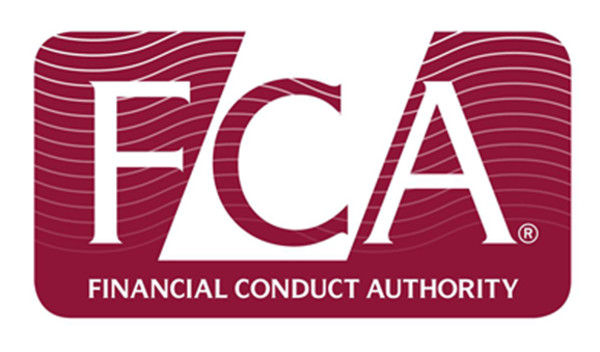

Tracey McDermott has called on the industry not to view proposals in this week’s Financial Advice Market Review report in isolation, but as a comprehensive package of measures designed to succeed where other FCA initiatives have failed.
A slew of 28 market changes are recommended in the joint FCA and Treasury report, aimed at closing the advice gap to achieve “a real improvement in the affordability and accessibility of advice and guidance to people at all stages of their lives”.
Advisers have criticised the measures, with some branding them a “waste of time” and a “missed opportunity”. The FCA’s refusal to introduce a much demanded 15 year long-stop to complaints was blamed on it cowing to “the consumer lobby”.
But speaking at the launch of the report at the FCA’s Canary Wharf headquarters on Monday (14 March), the acting head of the regulator urged the industry to view the FAMR proposals as they have been designed, a whole package “working together”.
The decision not to implement a long-stop is part of that bigger picture, and was not taken lightly, Ms McDermott said.
“We spent a lot of time on this. We found there is no case for a longstop [as it is not a widespread problem].
“There are only 216 complaints a year at the FOS about advice given by IFAs over 15 years ago, and half of these relate to mortgage endowments which is a long term product and a historic problem. Only 30% of those complaints are upheld.
“We need consumer trust in financial services [which accesss to the FOS and the FSCS helps provide].”
The FAMR review considered variable long stops but decided that would “add more complication not clarity”, Ms McDermott said.
FAMR does recommend a review Financial Services Compensation Scheme funding, including smoothing the levy and using risk-based levies.
“The FCA may for instance need to look at the risk of failure maybe rather than the risk of bad advice and the interplay of this with, for example, capital levels and the availability of professional indemnity insurance,” she said.
Ms McDermott said the “holistic” FAMR proposals are intended to improve on previous failed attempts by the regulator to target specific parts of the advice market.
“Basic advice hadn’t worked – why? Because all these measures need to work together,” she said, referring to an earlier attempt by the regulator to get firms to develop simple advice on certain ‘stakeholder products’, but which never took off.
Measures included in this new comprehensive package include narrowing the definition of regulated advice so it is based on a personal recommendation, cutting some of the regulatory red tape for firms wanting to offer guidance-only services.
Technology is also central to the FAMR plans to create a more “engaging, cost-effective advice market”.
Ms McDermott said the hope is firms waiting in the wings poised to offer automated advice or guidance services – commonly branded ‘robo-advice’ – will now act, safe in the knowledge if they do not give a personal recommendation they will not be held liable in the same way they would be under regulated financial advice rules.
“We don’t imagine a flurry of guidance only firms setting up. We expect current firms to want to do it but which were previously nervous to do so,” Ms McDermott said.
But she was resolute that where actual advice is given it must meet the high standards demanded by the regulations, even if automated.
“This is not about giving firms a safe harbour – if firms are giving advice to consumers they should be willing to stand behind that, whether it is given face to face or via an automated system,” she said.
“Our view is these recommendations will be a significant incentive to firms to develop such models. But we are not interested in automated advice that gives consumers poor advice and allows firms to get away with it.”
Advisers have predicted big financial institutions like banks – which rushed out of the advice market in the run up to the introduction of stricter Retail Distribution Review rules - will be the big winners from a softening of the rules around automated ‘robo-guidance’.
But Ms McDermott acknowledged banks’ poor track record in the advice market, and robustly rejected any suggestion that the banks would get an easy ride.
“We want to ensure that if banks or other large providers come back into the advice market they do it properly.
“If banks come back to the market it has to be on the basis they are giving good advice for which they take responsibility.”
Alastair Rush, an IFA at Your Wealthcare and founder of FiverADay, a robo-advice service launched last year, said: “FAMR is a massive step forward for a new means of delivering simple, clear and safe financial advice. I welcome it immensely.
“The report is a huge validation, maybe not yet of the value of robo-advice, but certainly of the need for the facilitation of more advice, which robo advice can provide.”
laura.miller@ft.com



